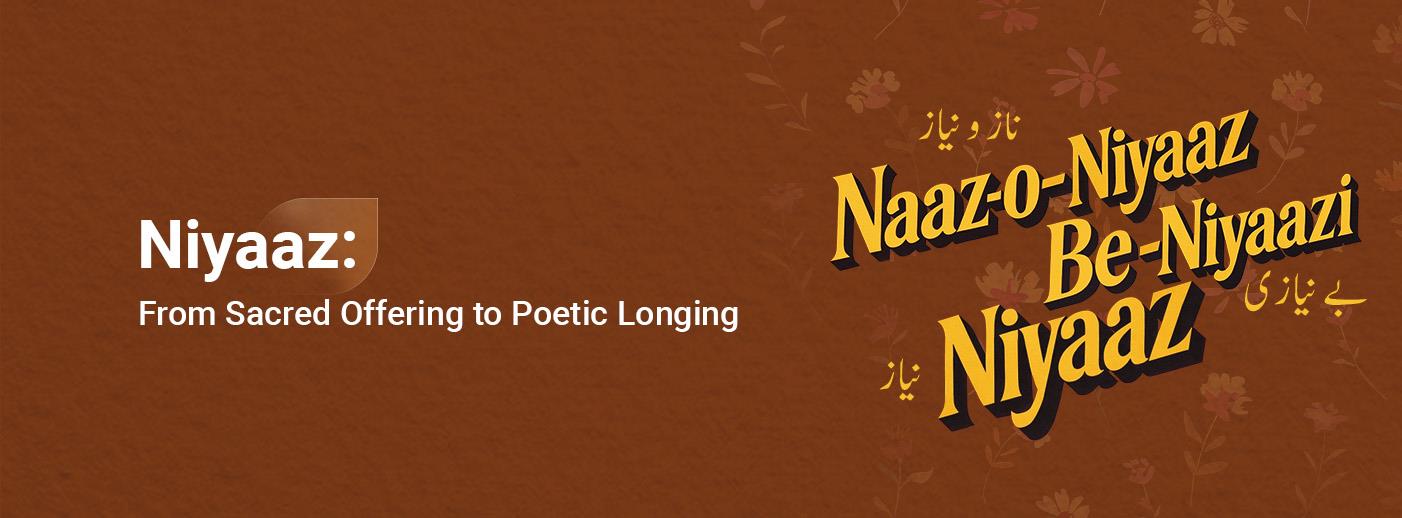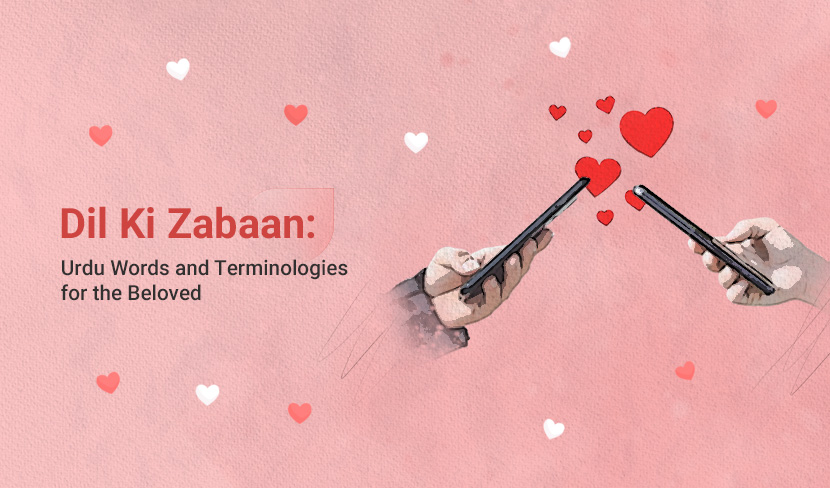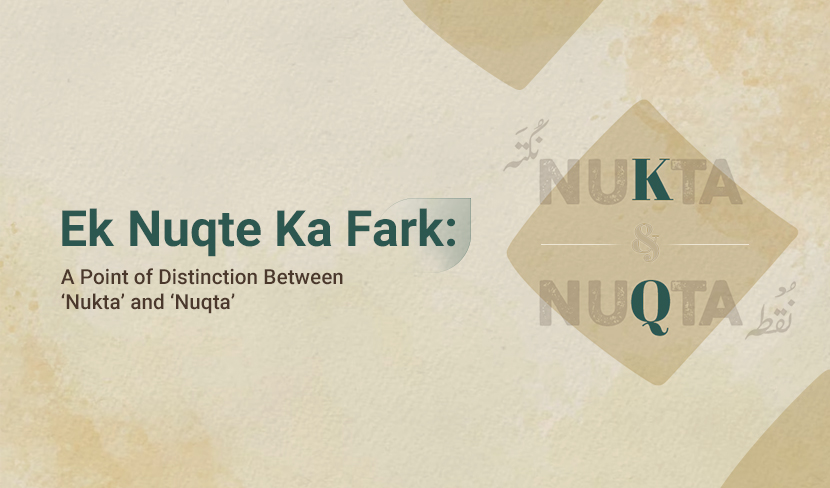Top searched
Saved words
khisyaanii billii khambaa noche
an embarrassed or ashamed person tends to vent his/her feeling by quarrelling
be-niyaaz
without want, free from want, wanting nothing, not in need, able to dispense, independent, carefree
Niyaaz: From Sacred Offering to Poetic Longing

Today, let me introduce you to a word that at times bows down in humility, at times appears in sacred rituals, and often finds itself resting gently on the forehead of a lover in Urdu poetry.
Just a simple four-letter word — “Niyaaz” نیاز — but it contains an entire world within.
Niyaaz, a word of Persian origin, carries a range of meanings across different contexts.". And interestingly, the moment you hear niyaaz, its antonym "be-niyaazi" (indifference) بے نیازی often pops into your mind —
But let’s first walk with niyaaz.
Niyaaz in Religious Context
In its spiritual sense, niyaaz refers to a ritual offering. Food or sweets are dedicated after reciting verses from the Qur’an, usually as an act of thanksgiving or to fulfill a vow.
When someone’s wish is granted, they often host a niyaaz ritual as an offering of gratitude.
In English, this act may loosely translate as “Supplication” — a humble offering or prayer to the Divine.
Niyaaz as Humility and Respect
The word niyaz is also used in expressions of humility and respect.
For instance, upon meeting a respected figure, one may say:
“Aapse niyaaz hasil hua” — I had the honour of meeting you.
Here, niyaaz conveys deference, respect, and submission.
This is also reflected in expressions like niyazmand (humble, devoted) — often used in Sufi literature, where the soul bows before the Beloved.
One beautiful phrase that emerges from Sufi poetry is:
"jabiin-e-niyaaz" — the forehead lowered in humility.
Naaz-o-Niyaaz: The Language of Love
Now let's enter the world of romantic poetry.
In the verses of Urdu’s classical love poetry, you often encounter the phrase "naaz-o-niyaaz" — a delightful pairing of contrasts:
Naaz meaning grace, playfulness, or coquetry.
Niyaz meaning humility, longing, submission.
Poet Jigar Moradabadi paints this union beautifully:
niyāaz o naaz ke jhagḌe miTā.e jaate haiñ
ham un meñ aur vo ham meñ samā.e jaate haiñ
The couplet delicately captures a moment when the tensions between two emotional states — niyāz (devotion and humility) and nāz (playful pride or beloved's affectation) — come to an end.
Once this conflict is resolved, a deep union takes place between the lover and the beloved, where their identities blend into one another.
This verse can also be interpreted in a Sufi context, where the dissolution of the self into the beloved reflects the idea of unity of being (wahdat al-wujūd) — a mystical merging of the lover (the seeker) into the beloved (the Divine).
Another common poetic expression is "raaz-o-niyaz" —
secret conversation, secret talks, lover's talk .
Be-Niyaazi: Indifference or a Lover’s Coldness
And now we come to be-niyazi — the antonym of niyaaz.
Be-niyaaz refers to one who is free of needs — self-sufficient.
It’s one of the attributes of God in Islamic tradition:
“Khuda be-niyaaz hai” — God is above all needs.
But when used for humans, the tone shifts.
It can imply a carefree, detached ، unconcerned person —
Someone so lost in thought or purpose that they no longer care for worldly ties.
As in:
“Woh apne ghar baar se bilkul be-niyaaz ho gaya hai” —
He has become indifferent to home and family, lost in his own world.
Poet Shakeel Badayuni expressed this painful detachment in love:
ye adā-e-be-niyāzī tujhe bevafā mubārak
magar aisī be-ruḳhī kyā ki salām tak na pahuñche
O you, with your proud indifference — may your betrayal suit you,
But such coldness, that even my greetings are left unanswered?
Whether it's naaz, niyaaz, raaz, jabiin-e-niyaaz or be-niyaazi —
Urdu language knows how to take a single word and let it bloom in every direction.
Delete 44 saved words?
Do you really want to delete these records? This process cannot be undone






